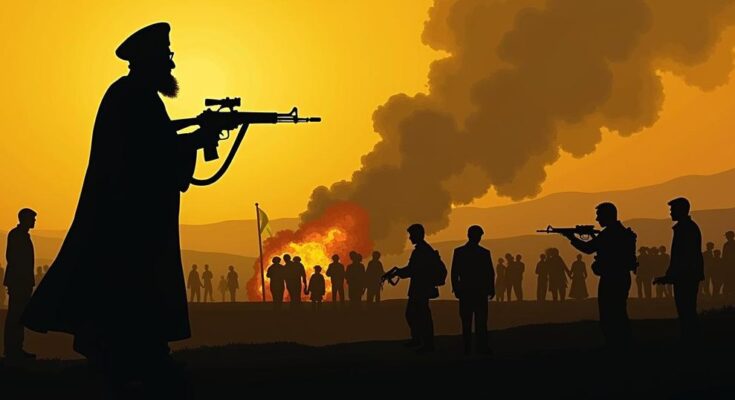Israel’s recent assassination of Hezbollah leader Hassan Nasrallah has escalated tensions in the region, raising concerns of possible retaliation from Iran and the possibility of broader conflict. Nick Schifrin provides an analysis of the situation, shedding light on the potential consequences for regional dynamics.
In recent developments, Israel has conducted an airstrike resulting in the assassination of Hezbollah leader Hassan Nasrallah. This event has sent shockwaves throughout the region, igniting fears of possible retaliation from Hezbollah and Iran. Analysts now speculate about the implications of Nasrallah’s death on regional stability and the potential for a wider conflict. Nick Schifrin, reporting from Tel Aviv, provides insights into the geopolitical ramifications and what the future may hold for Israel, Hezbollah, and Iran amidst escalating tensions.
The assassination of Hassan Nasrallah marks a significant escalation in the ongoing conflict between Israel and Hezbollah. Nasrallah has been a powerful figure in Hezbollah, leading the organization since 1992 and being a key adversary to Israeli interests in Lebanon and the broader region. His leadership has been characterized by a staunch opposition to Israel, and his death could shift the dynamics of power within Hezbollah and affect its strategies moving forward. In light of past conflicts, this incident raises concerns regarding retaliatory strikes from both Hezbollah and its ally Iran, which could lead to broader military confrontations in the region. Understanding the historical context surrounding Hezbollah’s activities and its relationship with Iran is crucial to assessing the potential fallout from this assassination.
In conclusion, the assassination of Hassan Nasrallah by Israel represents a pivotal moment in Middle Eastern geopolitics, raising significant concerns regarding retaliatory actions from Hezbollah and Iran. The unfolding situation necessitates close monitoring, as the repercussions could entail further military confrontations and a reshaping of alliances in the region. The implications of this event extend beyond the immediate actors, potentially influencing broader geopolitical stability.
Original Source: www.pbs.org




